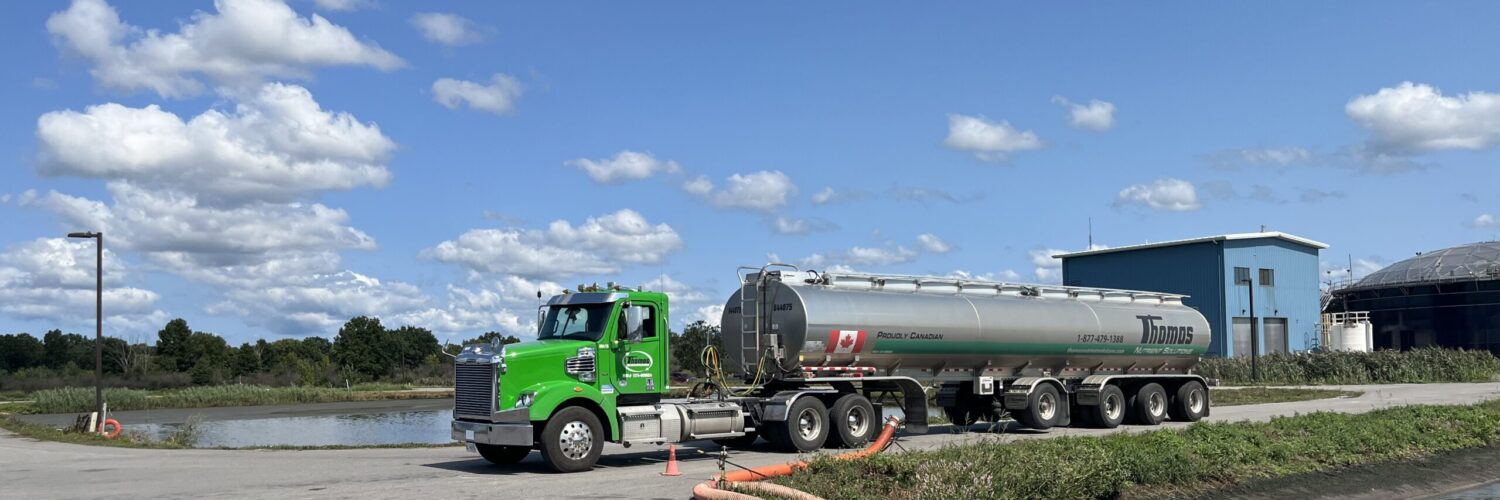Creating biosolids biochar has been one of the main areas of study by researchers because of its potential as a medium for growing crops. Yet, there has been no deep analysis into how to feasibly produce biochar in sufficient quantities and quality to make it a viable and sustainable amendment. Nick Savidov, a researcher from Lethbridge College in Alberta, is seeking to find these answers, having spent nearly two decades doing so.
Biochar, a by-product of heating organic matter in an oxygen-free environment at temperatures of above 400 °C in a process called pyrolysis, is lightweight, long-lasting, and microbial-free. Similar in many ways to charcoal, the main difference is that charcoal is made from wood while biochar is created from a mix of organic materials such as wood chips, straw, rice husk, coconut husk and peat.
One of the biggest advantages of using biochar is that it is stable. “The longevity of the material would probably be thousands of years, if not millions,” says Savidov. Biochar is resistant to bacteria because it is difficult to consume, thus enabling crops to grow without any threat from these organisms. This has the potential to be used repeatedly over a long period of time which would save growers substantial costs. Since biochar is sterile, it is likewise good at limiting the growth of disease-carrying fungus gnats.
Biochar is an advantageous medium for high-nutrient crops like cannabis, says Savidov, because even the slightest possibility of a pathogen can quickly ruin the crop.
Biosolids biochar is also quite porous having pores that range from millimetres to nanometres. This is ideal for trapping air and water which are essential for plant growth. This also makes the product much lighter which lowers the costs of transport and handling. Its high porosity also helps it filter and immobilize different types of particles. One study found that biochar reduced the toxic effects of herbicides by about 10 times in basil, helping address herbicide leaks in dugouts used as a water source for greenhouses.
Savidov and his team are also experimenting with biochar in aquaponic filtration systems, filtering out bacteria and finer biosolids.
Despite all the promising properties that biochar presents however, a few challenges still need to be addressed.
The density of biochar that can be extracted from biosolids depends on the composition of the organic material. Bamboo, for example, will produce a biodensity of 400-500 kg per m3, while wheat straw will output as much as 50-70 kg per m3, according to Savidov.
The challenge is in how to standardize horticultural grade biochar for commercialization. Even the process of pyrolysis needs to find the optimal settings because an incomplete pyrolysis can create polycyclic aromatic hydrocarbons (PAHs) that range from being completely harmless to highly toxic, which will change the quality of the biochar.
Another issue is with the alkalinity of biosolids biochar which can fluctuate from pH8 to pH 10. Savidov’s group solved this by pre-washing the material in water and nutrients before applying it to crops. After 20 trials, they were able to successfully grow six different ornamental and vegetable crops such as nasturtium and tomatoes. In their tests, the biochar produced the same if not higher yields than commercial substrates.
Currently, producing biosolids biochar is done in such a small scale that it sells for about $1,500 to $2,000 per metric tonne, if you can find it. Producing it in larger quantities will naturally bring the prices down if the problems with quality can be addressed.
“Biochar production is energy neutral. It produces enough energy to sustain the pyrolysis process until it’s completed,” says Savidov. Since it can be made from spent, renewable substrate and feedstock, it can help with the sequestration of carbon for added sustainability.
Savidov says that, “The value for horticultural application is great. You can use it as a soil amendment [or] an alternative to greenhouse substrate, but somebody has to take the first step.”
If you are a municipality in Ontario and in need of a biosolids management solution, please feel free to contact us at 1 (877) 479-1388.
Sources:
https://www.greenhousecanada.com
https://lethbridgecollege.ca/news

